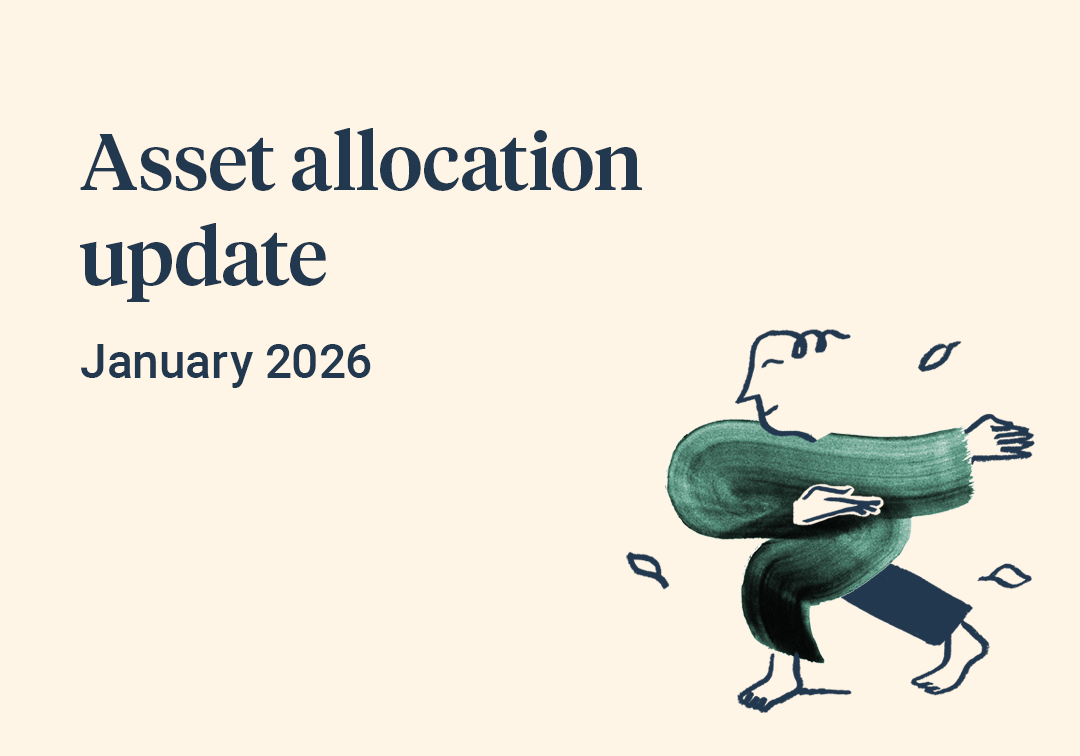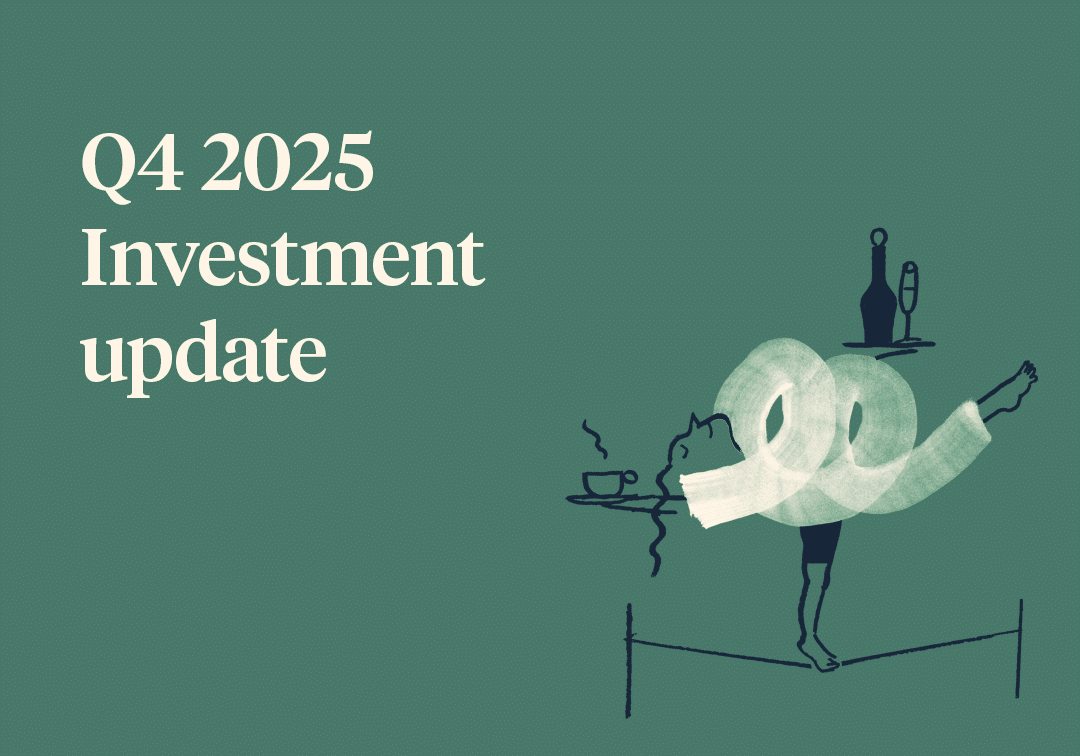£325,000 out of your estate for inheritance tax (IHT) purposes and the ability to protect your assets. It sounds great but are trusts all they are cracked up to be?
What is a discretionary trust?
A trust is simply a legal entity in which assets are held. The assets can vary but they’re usually investments, cash, property or land. These assets are held by either one or multiple trustees for the benefit of someone else: the beneficiary. The person who puts the assets into the trust is known as the settlor [1]. They can choose to also act as a trustee if they wish or appoint others to act as trustees for them.
A discretionary trust is the most common form of trust. The ‘discretionary’ part simply means that the settlor gives ‘discretion’ to the trustees to decide when and how to distribute the assets to the beneficiaries [2]. Providing such significant powers to others might seem strange. However, it’s a sensible approach as often the settlor is not alive when the assets in the trust are distributed. By providing discretion to the trustees, they can consider both the settlor’s original wishes and the beneficiaries’ current situation when a distribution is made.
When is a discretionary trust most useful?
The clue is in the name. Trusts are extremely helpful if you would like to set money aside for someone, but you don’t ‘trust’ them to access the assets. With a trust you can maintain an element of control and it can help ensure the money is used as you intended. Control and asset protection is probably the number one benefit of a discretionary trust. A £100,000 inheritance to a 17-year-old, for example, that wasn’t placed into trust, might get spent on a flash car and some boozy parties instead of being used for their university education and a house deposit. It’s important to note though that, whilst the settlor can still be a trustee, once the money is in the trust it is no longer the settlor’s money. Effectively using the trust typically requires the settlor to relinquish any personal benefit, as retaining an interest in the trust will mean specialist tax rules will apply [3].
What are the benefits of using a discretionary trust for inheritance tax reasons?
It may surprise some people to discover that there are usually rather few immediate inheritance tax benefits. There is normally no inheritance tax levied on an individual’s estate that is worth less than £325,000. This £325,000 limit is known as the nil rate band [4]. Anything over this is usually subject to UK inheritance tax at 40%.
These rules don’t differ for when using a discretionary trust. An individual can transfer £325,000 (their nil rate band) into a trust without any immediate tax consequences. Generally, though, if you try to put more than your nil rate band into a trust, it will be subject to a 20% entry charge [5]. If the same individual died within seven years of putting the money into the trust, guess what, the entry charge is then effectively increased to 40%. This is why, unless an asset is fully relievable from inheritance tax in the first place, very few individuals will place more than £325,000 into a discretionary trust, the precise amount that wouldn’t be subject to IHT anyway due to their nil rate band!



